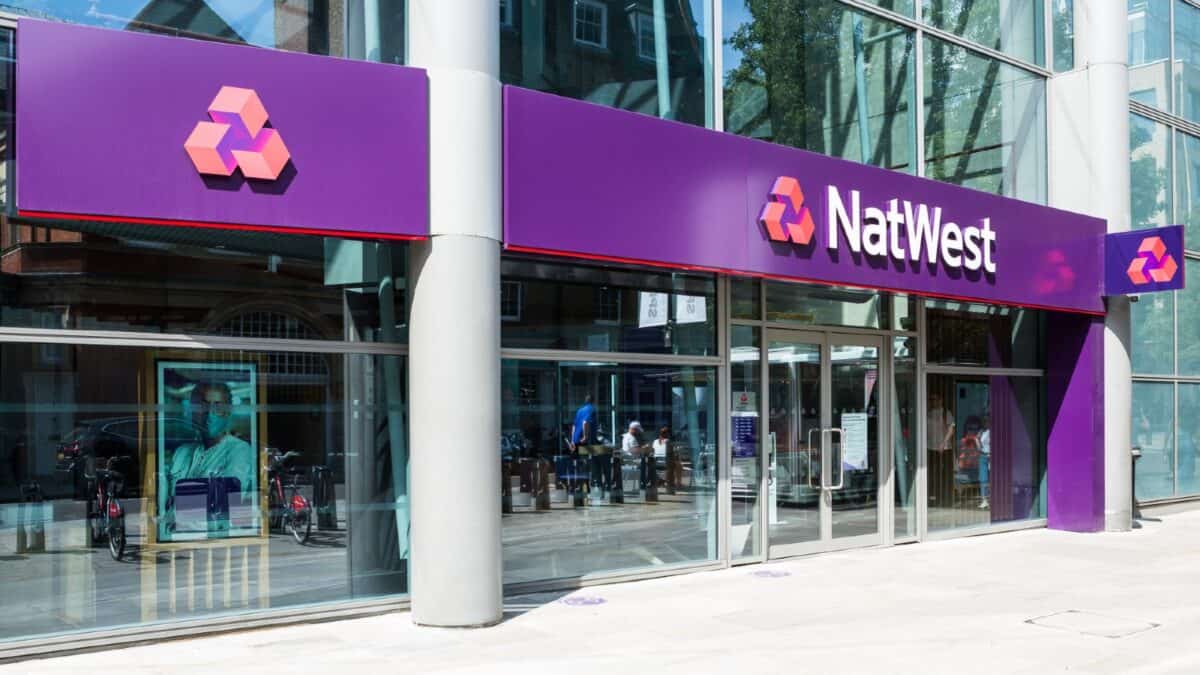Image source: Getty Images
Fast fashion specialist boohoo group (LSE: BOO) has seen its share price collapse as its core business has been undercut by cheap Chinese competitors such as Shein.
The stock traded at over 400p at its peak in 2020, but profits have collapsed since then and so have boohoo shares.
The stock is changing hands for 30p as I write — a drop of more than 90%.
However, an update from the company last week flagged up changes that suggest to me its co-founder (and 12.6% shareholder) Mahmud Kamani isn’t ready to give up yet.
My guess is that Kamani may also be under pressure from 26% shareholder Frasers Group to improve performance – or perhaps face a lowball takeover bid.
Is boohoo worth considering as a turnaround buy?
What’s changing?
First up, chief executive John Lyttle is heading for the exit. The former Primark boss has been CEO at boohoo for five years. He was brought in to professionalise the group’s operations and help it scale.
I reckon Lyttle can claim some successes, such as boohoo’s modern automated warehouse in Sheffield. But he hasn’t managed to grow the business to the next level.
The second change suggests to me that Kamani is trying to get a grip on the group’s cash situation.
Last year’s accounts showed a £101m cash outflow and a year-end net debt position of £95m. boohoo has now replaced its previous borrowing facilities with a new £222m arrangement that will need refinancing (or repaying) in two stages by October 2026.
My hope is that boohoo’s cash generation will improve as a result of plans to close its US warehouse and ship orders directly from the UK. US customers should get a broader range of stock, while the company should need less inventory than it did.
Is a break-up (or takeover) possible?
The final change proposed by Mr Kamani is less clear. boohoo’s co-founder says that he thinks the business is “fundamentally undervalued”. He has promised to look at the group’s “corporate structure”. That suggest a possible break-up to me.
I reckon the main focus here could be the Debenhams and Karen Millen brands. These are more differentiated and harder for Chinese competitors to displace.
For example, Debenhams is a trusted name that now sells more than 10,000 brands online to around 5m active customers. Sales rose by 52% to £87.1m during the year to February 2023, according to accounts filed at Companies House.
Management described Debenhams as “fast growing and profitable” in last week’s update, suggesting the business has continued to expand over the last 18 months.
Would I buy boohoo?
boohoo used to be the cheapest and fastest fashion retailer in the UK youth market. But it isn’t anymore.
Chinese firms such as Shein are cheaper and produce new designs quickly before airfreighting them to customers in the US and Europe.
I’m not sure if boohoo can compete with this. And despite the potential of Debenhams and Karen Millen, youth fashion still accounts for the majority of this business.
I think there’s some value in boohoo shares. A turnaround might be possible, but brokers are forecasting another year of losses in 2024/25. This situation is too speculative for me, so I won’t be investing.
Credit: Source link














